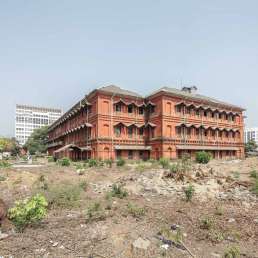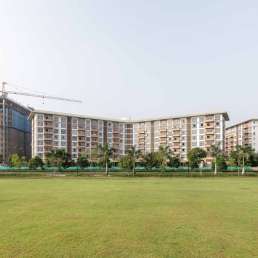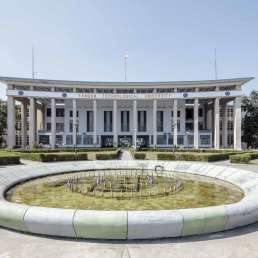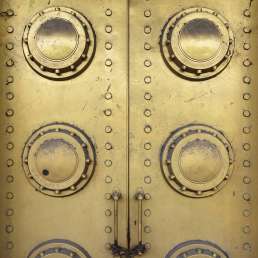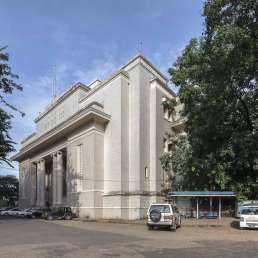Formerly: Tubantia Building
Address: 57 Seikkantha Street
Year built: 1909
Architect: Unknown
We recommend a detour up Seikkantha Street to take a look at the Tubantia Building, built by the trading company Stork & Co. in the early 20th century. Its gable and storage facilities on the ground and first floors reflect the original owners’ Dutch roots: Frederick Stork was the consul of the Netherlands. The name “Tubantia” is the Latin version of the province of Twente, near the German border, where Stork grew up. His family ran a successful machinery business there, exporting various tools for the textile and sugar industries in the Dutch East Indies. Before the British annexed Burma in the 19th century, the Dutch were already an active presence in the country, particularly during the 17th century. Dutch business ties with Burma remained active during British colonial rule, given their own nearby colonial possessions. As aeroplanes made frequent refuelling stops back then, the Dutch flag carrier KLM was also the first airline to offer regular flights between Rangoon and Amsterdam in 1929 as part of its service to Batavia (Jakarta).
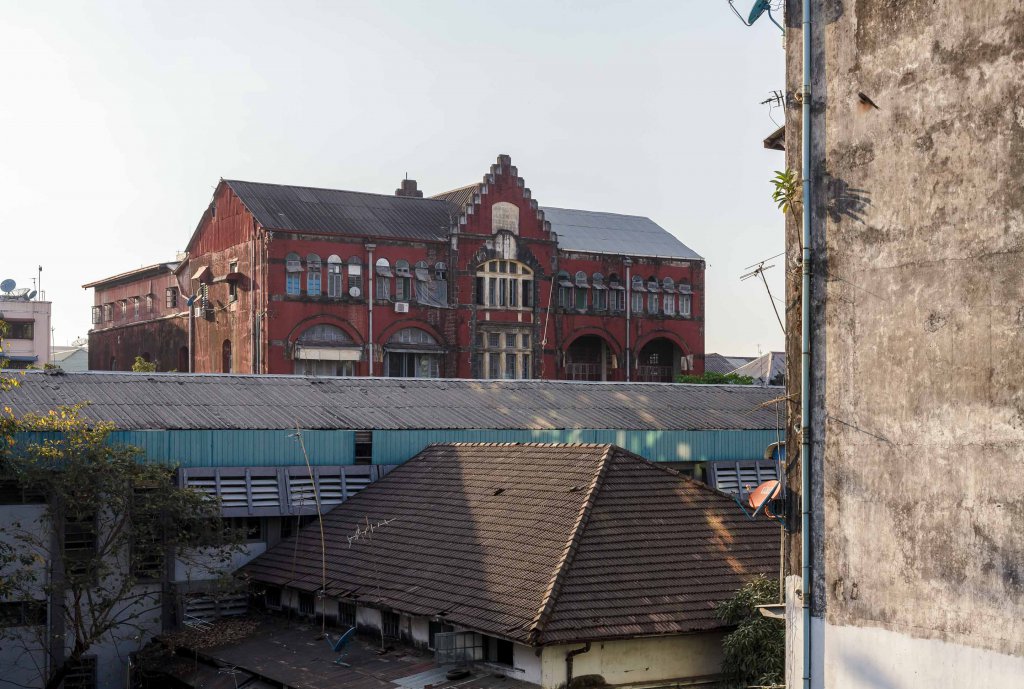
The Rangoon-based Stork & Co. imported “longyees”, sarongs, metals, sundries and liquors. The Burmese longyi is traditionally worn by men. Counter-intuitively, it is actually a foreign import. Stork & Co. was just one of the companies importing these textiles from India. Even before the arrival of Europeans, textiles made here fuelled regional trade. The historian Sunil Amrith writes that “in the 16th century ‘age of commerce’, cotton from Gujarat, Coromandel, and Bengal was traded across South East Asia. (…) Indian weavers’ products targeted diverse markets, their weaves, patterns, colours, and designs were all adapted to local tastes.” Knowing that Stork & Co.’s mother company in Twente manufactured textile-producing machinery, one can assume that they helped to standardise the cheap production of longyi for export to Burma.
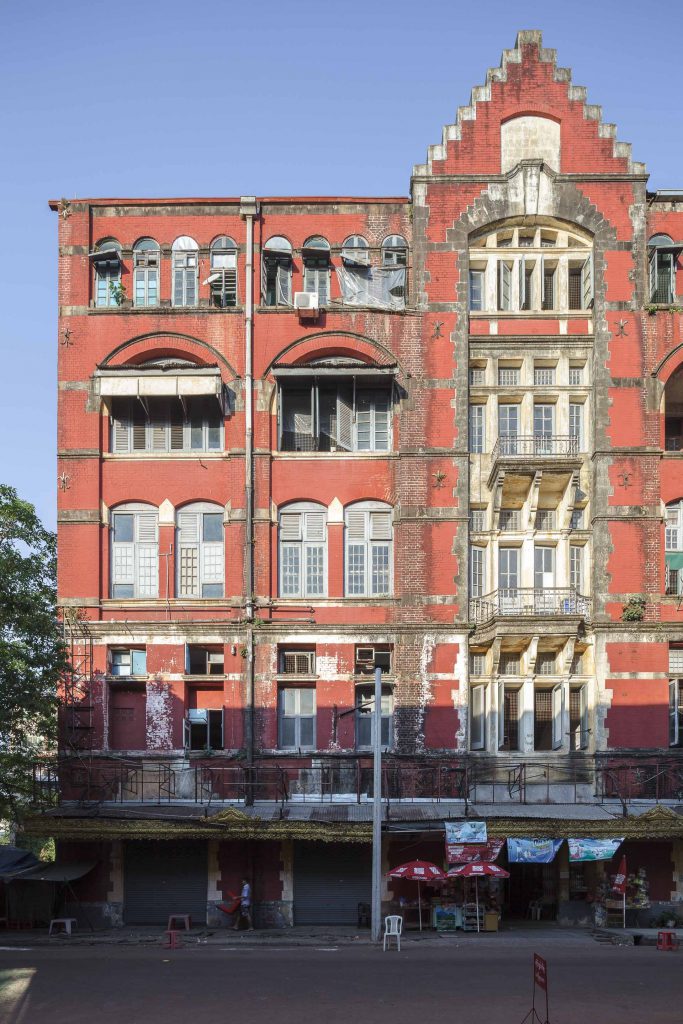
Today the Tubantia Building is used by a branch of the Bureau of Special Investigation (BSI), one of Myanmar’s many secretive security agencies. The origins of the BSI date back to Burma’s period of post-colonial democracy. Then-Prime Minister U Nu founded the BSI’s predecessor (the Public Property Protection Police, or P4) to—in his words—“eradicate termites from the bureaucracy”. With the scale of change now sweeping the country, one wonders whether the security apparatus will change too—and whether it will continue to occupy these crumbling heritage buildings, renovate them or move to modern premises.
The smaller building next door also belonged to Stork & Co. It was the company’s headquarters before the Tubantia Building opened. Today the BSI occupies it as well.
